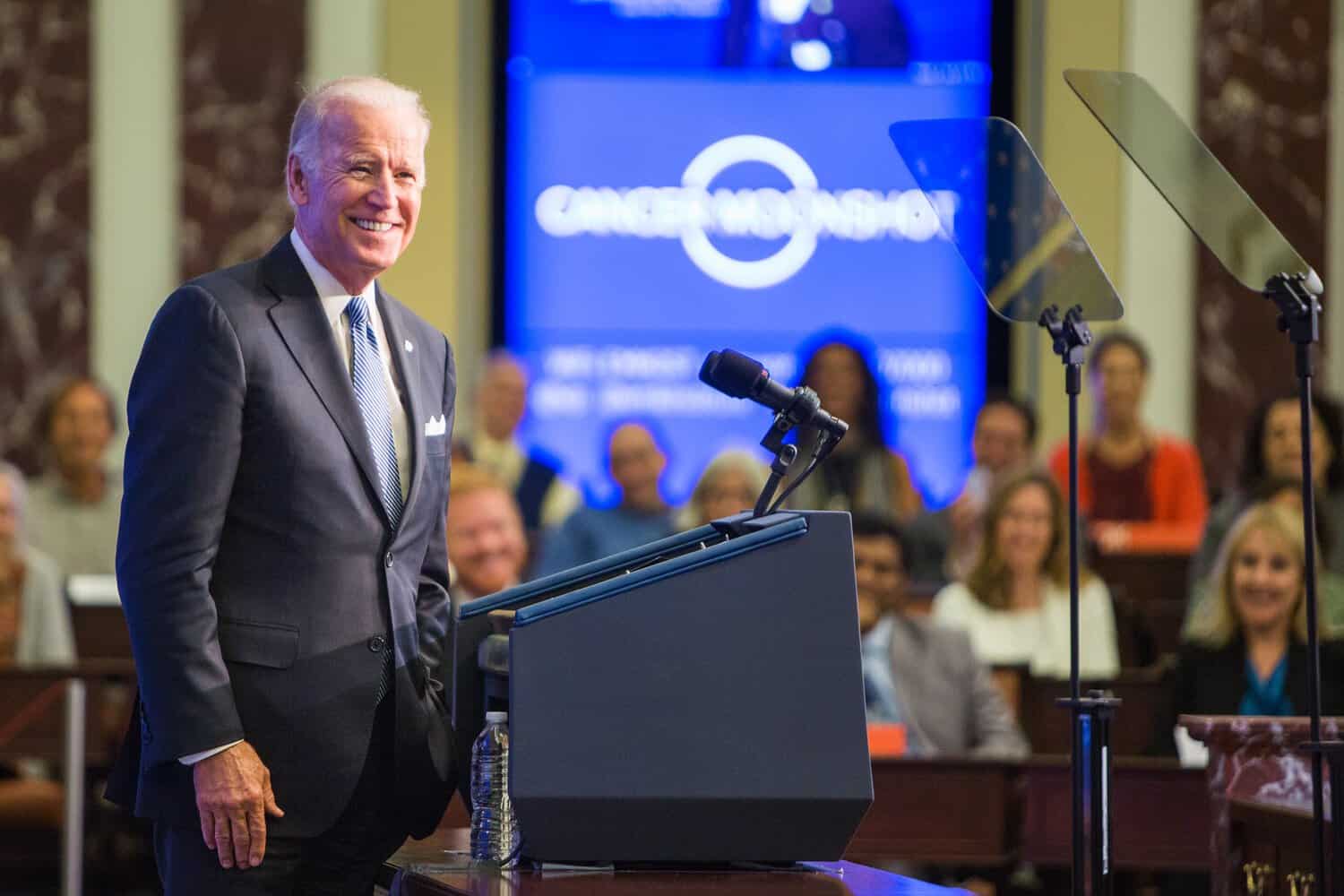Mackenzie Bouverat is a student at Harvard Law School.
“Normalcy is returning to Texas.” This bold anachronism was uttered today, in a small business in Central Texas, by the governor of the state. In his state of the state address, Greg Abbott announced a series of emergency authorizations to the Texas legislature, including “election integrity,” changes to bail bonds, improved broadband access, discouraging cities from “defunding the police,” and the immunization of Texas businesses from liability in civil lawsuits related to workers’ exposure to coronavirus. Per the Texas Constitution, lawmakers may not pass legislation during the first 60 days of a regular session unless declared an emergency prioritized by the governor. The new legislative session began Jan. 12.
As with the other elements of Abbott’s agenda (with the sole exception of broadband access), civil immunity for businesses who expose their employees to coronavirus have featured as Republican agenda priorities throughout and pandemic. Indeed, last August, Republican Attorneys General penned a letter to Senate leaders in support of the “Safe to Work Act,” introduced by Senate Republicans in late July. The Act proposes preemptive federal limitations on coronavirus-related tort suits, and permits all lawsuits related to coronavirus-related employer tort liability to federal courts to be filed in or removed to federal courts.
Nearly a dozen states have enacted legislation limiting COVID-19-related civil liability, although the businesses to which the liability immunity applies varies considerably between them. Those states include Iowa, Kansas, Louisiana, Mississippi, North Carolina, Oklahoma, Utah, Wyoming, and Georgia. Even in the states who have not passed a quasi-wholesale bill granting corporate immunity for the employers of exposed workers, one recurring theme is the protection from civil liability for employers engaged in coronavirus-related commercial activity: healthcare providers, manufacturers and suppliers of personal protective equipment (PPE) or certain other supplies are immunized from suit in Massachusetts, Kentucky, Alaska, Ohio, New York, New Jersey and Wisconsin.
Joe Biden has been the President of the United States for 13 days. Despite his myriad campaign–trail promises to deliver a $2,000 — now $1,400 — dollar stimulus check into the hands of Americans on the election of a democratic majority in the Senate, he remains in closed-door “negotiations“ with prominent GOP senators on the question of coronavirus aid. The Republican counter-proposal to Biden’s ‘ambitious’ aid agenda scales back campaign promises considerably. It offers $160 billion for coronavirus testing, vaccine distribution and development, as well as the personal protective equipment production; $20 billion for the reopening of schools; small business relief; and individual aid. It also omits the federal minimum wage increase and abrogates direct aid to cities and states. It proposes $1,000 instead of $1,400 in direct payments limits them to individuals earning less than $50,000. CNN estimates that the means-tested relief regime proposed by GOP negotiators would disqualify 29,000 Americans eligible under Joe Biden’s proposed relief plans. It would also reduce federal employment benefits, setting weekly payments at $300 through June instead of $400 through September.






Daily News & Commentary
Start your day with our roundup of the latest labor developments. See all
July 11
Regional director orders election without Board quorum; 9th Circuit pauses injunction on Executive Order; Driverless car legislation in Massachusetts
July 10
Wisconsin Supreme Court holds UW Health nurses are not covered by Wisconsin’s Labor Peace Act; a district judge denies the request to stay an injunction pending appeal; the NFLPA appeals an arbitration decision.
July 9
In Today’s News and Commentary, the Supreme Court green-lights mass firings of federal workers, the Agricultural Secretary suggests Medicaid recipients can replace deported farm workers, and DHS ends Temporary Protected Status for Hondurans and Nicaraguans. In an 8-1 emergency docket decision released yesterday afternoon, the Supreme Court lifted an injunction by U.S. District Judge Susan […]
July 8
In today’s news and commentary, Apple wins at the Fifth Circuit against the NLRB, Florida enacts a noncompete-friendly law, and complications with the No Tax on Tips in the Big Beautiful Bill. Apple won an appeal overturning a National Labor Relations Board (NLRB) decision that the company violated labor law by coercively questioning an employee […]
July 7
LA economy deals with fallout from ICE raids; a new appeal challenges the NCAA antitrust settlement; and the EPA places dissenting employees on leave.
July 6
Municipal workers in Philadelphia continue to strike; Zohran Mamdani collects union endorsements; UFCW grocery workers in California and Colorado reach tentative agreements.